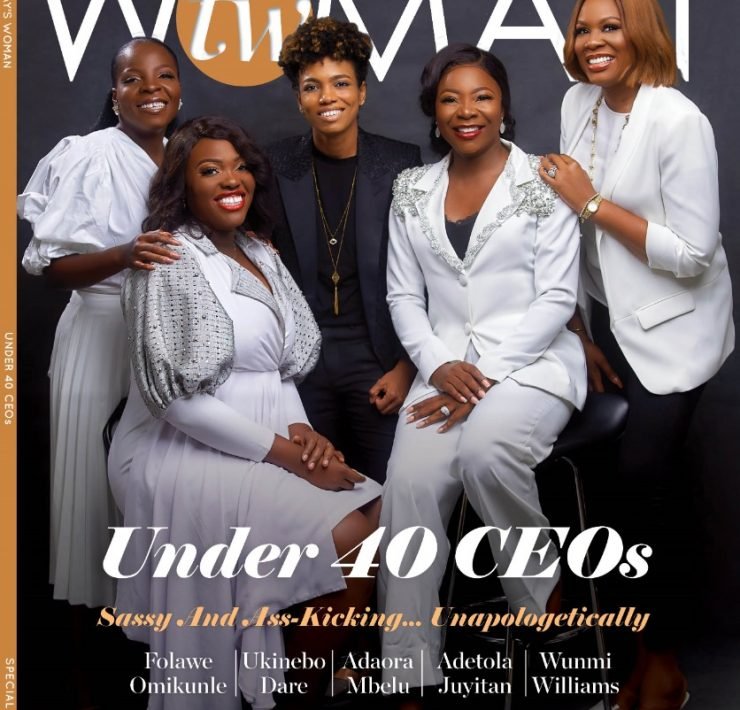FIRST BANK: TOWARDS REVIVING NIGERIA’S TEXTILE INDUSTRY

For many years, until the early 1980s, the Nigerian textile industry was the highest employer of labor, after the public sector. Sadly, the industry is in dire straits battling for survival in recent times.
Among the challenges that confronted the sector were policy inconsistency leading to the closure of many textile companies occasioned by poor power supply, smuggling, poor access to finance and high operating cost, among others.
It is unarguable that the closure of many textile companies contributed to the rise in the country’s high unemployment rate, rising insecurity, and other social vices.
It is against this backdrop that the Central Bank of Nigeria (CBN) Governor, Mr. Godwin Emefiele, recently lamented the country’s descent from being a textile giant to a mediocre player in the world economy.
Emefiele said Nigeria used to be home to Africa’s largest textile industry in the 1970s and early 1980s with the employment of over 450,000 people.

“The textile industry at that time was the largest employer of labor in Nigeria after the public sector, contributing over 25 percent of the workforce in the manufacturing sector.
“The industry was supported by the production of cotton by 600,000 local farmers across 30 of Nigeria’s 36 states.
“This sector supported the clothing needs of the Nigerian populace, as our markets were filled with locally produced textiles from companies such as the United Textiles in Kaduna, Supertex Limited, Afprint, Texlon, Enpee and Aswani Mills, among others.
“In addition, the cotton-growing sector has gone dead, thereby depriving thousands of smallholder farmers the chance to earn a living.
Furthermore, a large proportion of our clothing materials today are imported from China and countries in Europe,” Emeifele stated.
It is against this background that First Bank of Nigeria Ltd, in line with its celebratory 125th anniversary, themed, “Woven into the Fabric of Society”, on Oct. 2 commemorated the country’s independence with a locally made textile attire.
Specifically, the bank set aside Oct. 2 to have all staff wear a locally made textile attire adorned in its 125-anniversary logo and over 18,000 staff across the bank and FBN Holdings participated.
The bank in a statement attributed the initiative to moves to celebrate the country’s 59th Independence anniversary and at the same time support the textile industry.

“The native attire fashion statement by FirstBank and the FBN Holdings Group is rooted in our trust in the diverse opportunities the textile industry provides.
“And indeed its contribution to national growth and development, vis-à-vis the job opportunities, youth, and women empowerment, as well as the entrepreneurship driven influence its creates cannot be overemphasized.
“The bank is indeed honored to have been woven into the Fabric of Society in the last 125 years and is committed to keep promoting activities and opportunities that contribute to the growth of the textile industry,” it added.
Apart from the above initiative, FirstBank also provides access to the market and provide opportunities for entrepreneurs in the Small Medium Scale Enterprise (SMEs) of the fashion industry with an initiative tagged Fashion Souk.
The bank partners with Eventful Nigeria Ltd with Fashion Souk, a platform that creates an opportunity for players in the fashion industry to exhibit and sell their wares to the thousands of event participants.
The bank also in a bid to ensure the sustainability of the industry recently introduced fashion design loans specifically designed to offer financial support to the participants in the textile industry.

The bank’s fashion design loan with a single obligor limit of up to two million naira is targeted at tailors, dressmakers and traders in clothing accessories with no tangible collateral required.
To be eligible for the loan, applicants must have been in the line of business for a minimum of three years.
Commenting on the development, Mr Moses Igbrude, Publicity Secretary, Independent Shareholders Association of Nigeria (ISAN), described the initiative as a wonderful concept.
“I hope those in the local textiles value chain will key into it and take advantage of this initiative.
“FirstBank should also ensure that the concept is properly communicated to the larger audience to ensure more patronage of locally made textiles,” Igbrude said.
He noted that the Federal Government on its part should encourage institutions that are supporting our local industries by way of tax incentives.

Also speaking, Mr. Shehu Mikail, National President, Constance Shareholders Association of Nigeria, commended the bank’s support for local fabric and the textile industry.
Mikail said that the initiative would boost the morale of interested bodies who would like to venture into local fabric in promoting our culture to the world.
He said that the bank should focus on fashion designers who would be ready to promote the Nigerian model of dressing to meet the world-class in fashion design.
“This will help in promoting Made in Nigeria fabric and it will also encourage an interested investor to venture into textile industry business and this will transform our economy,” Mikail stated. (NAN)
Sign Up to Our Newsletter
Get notified about exclusive offers every week!








